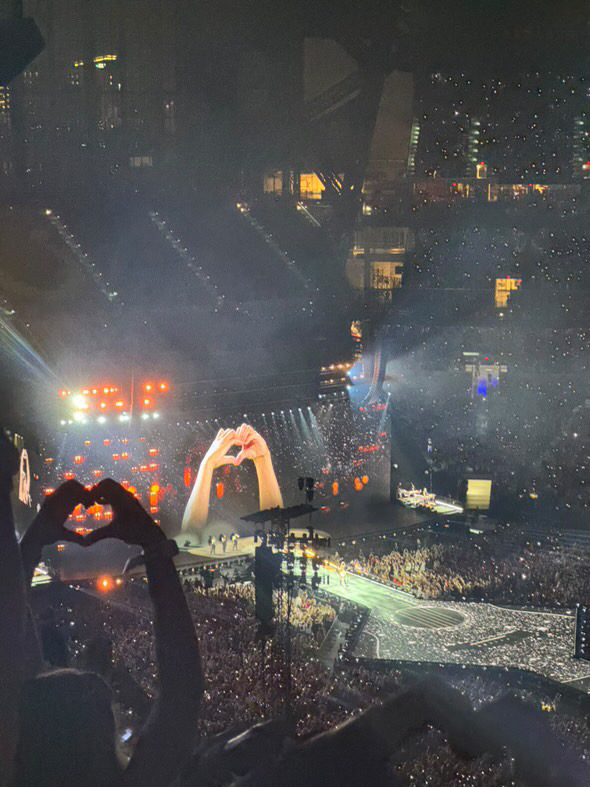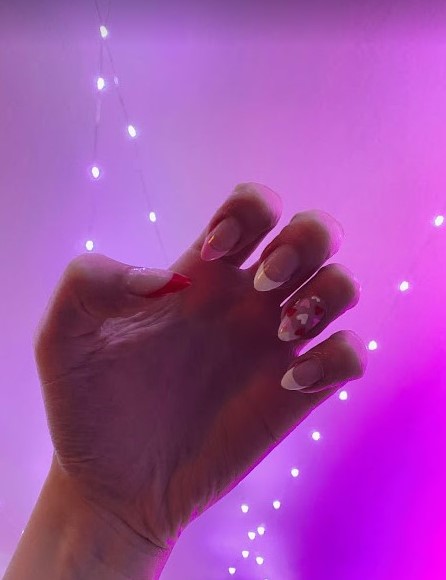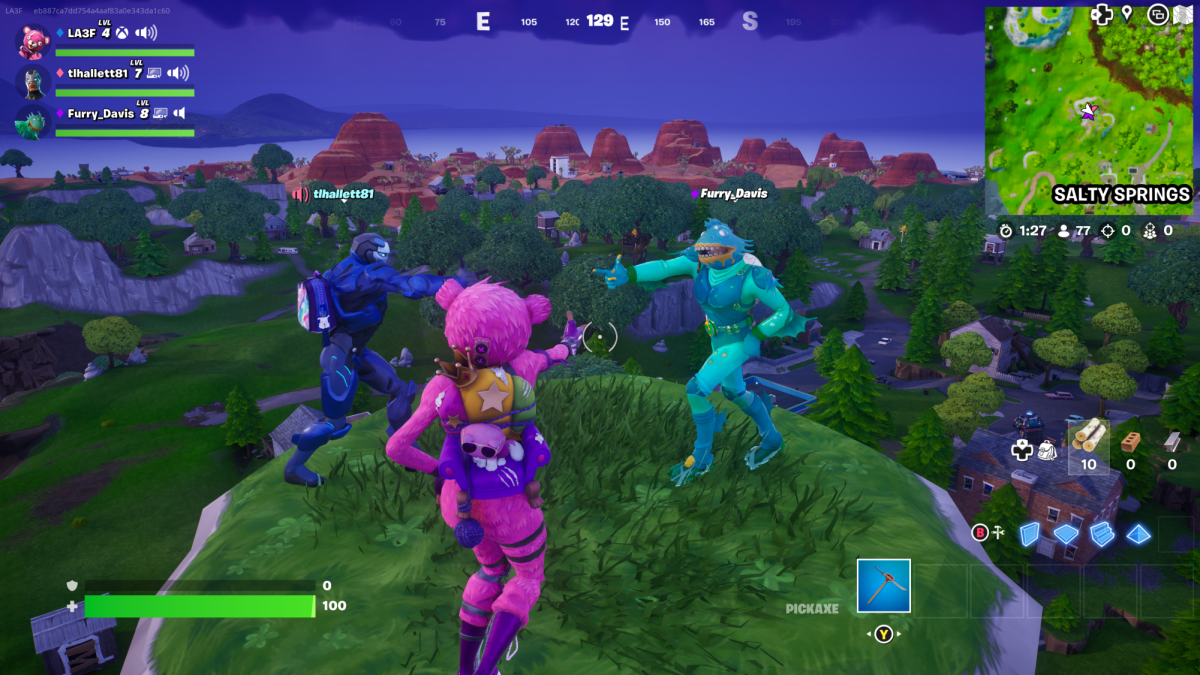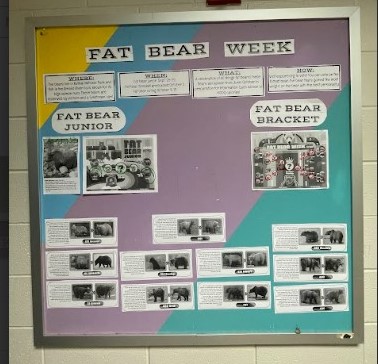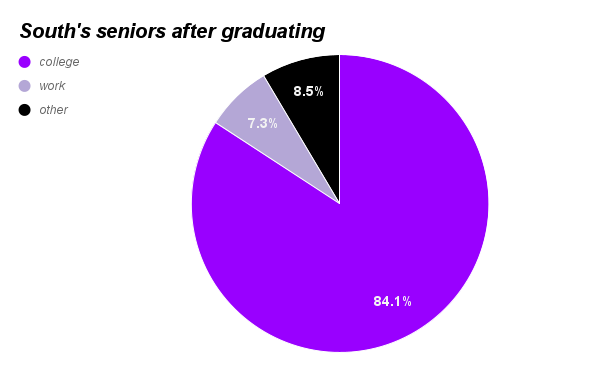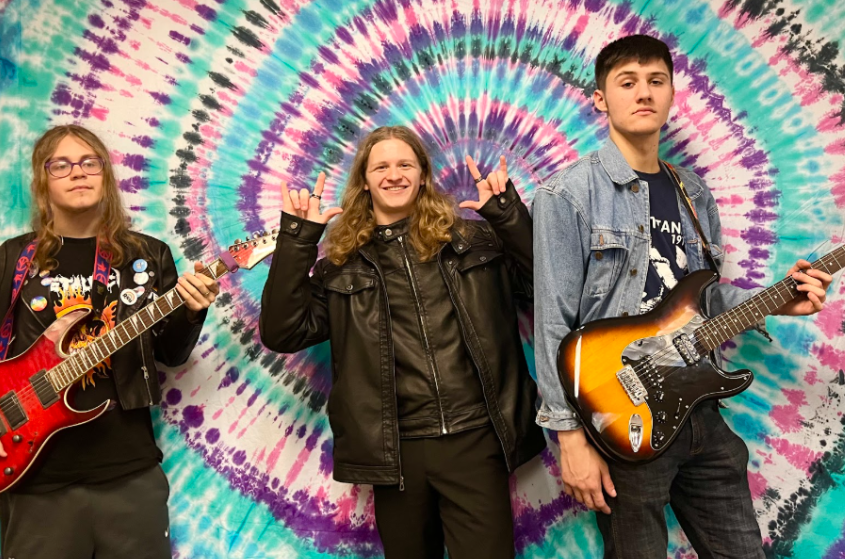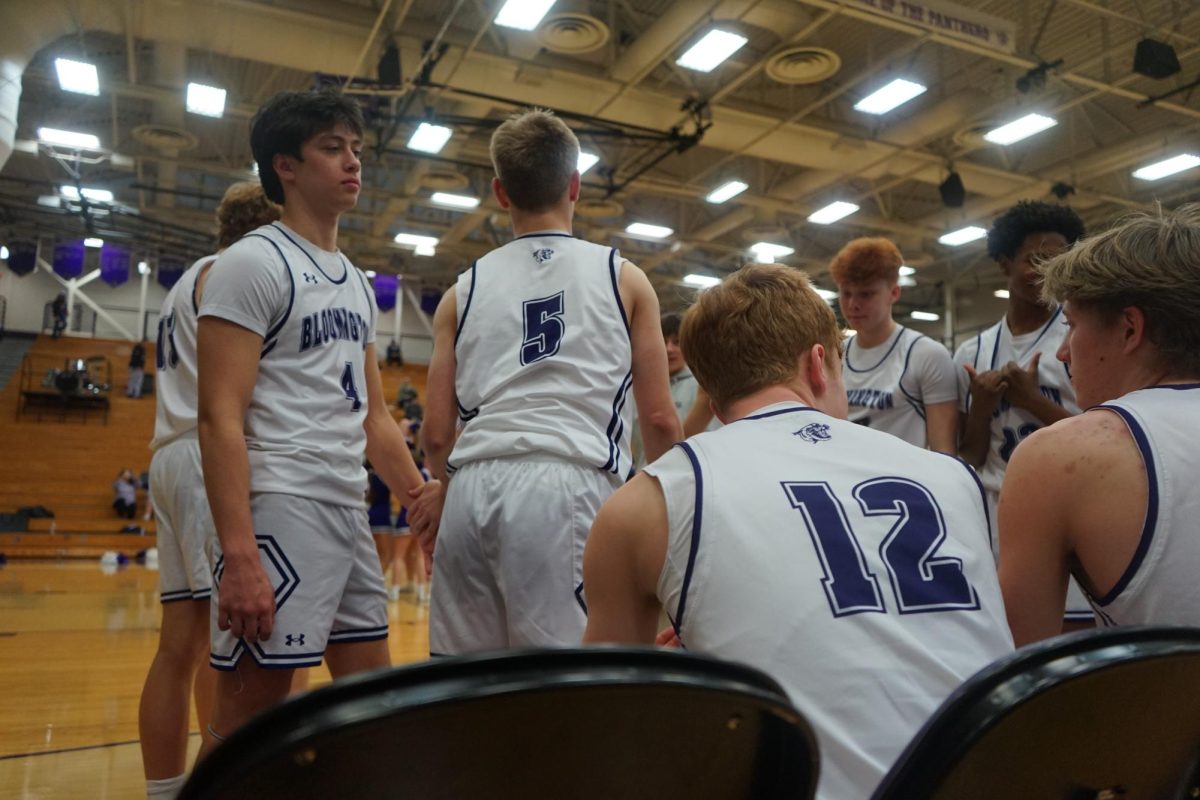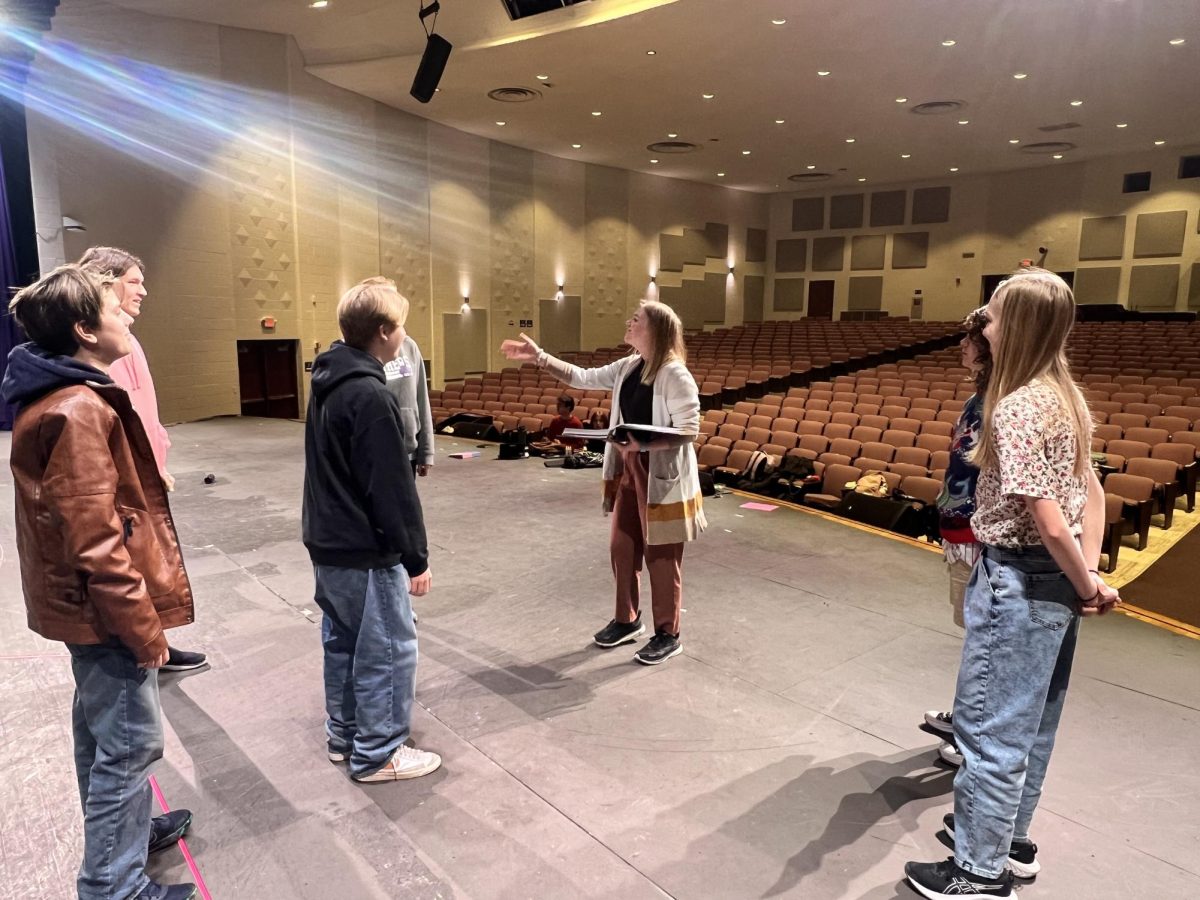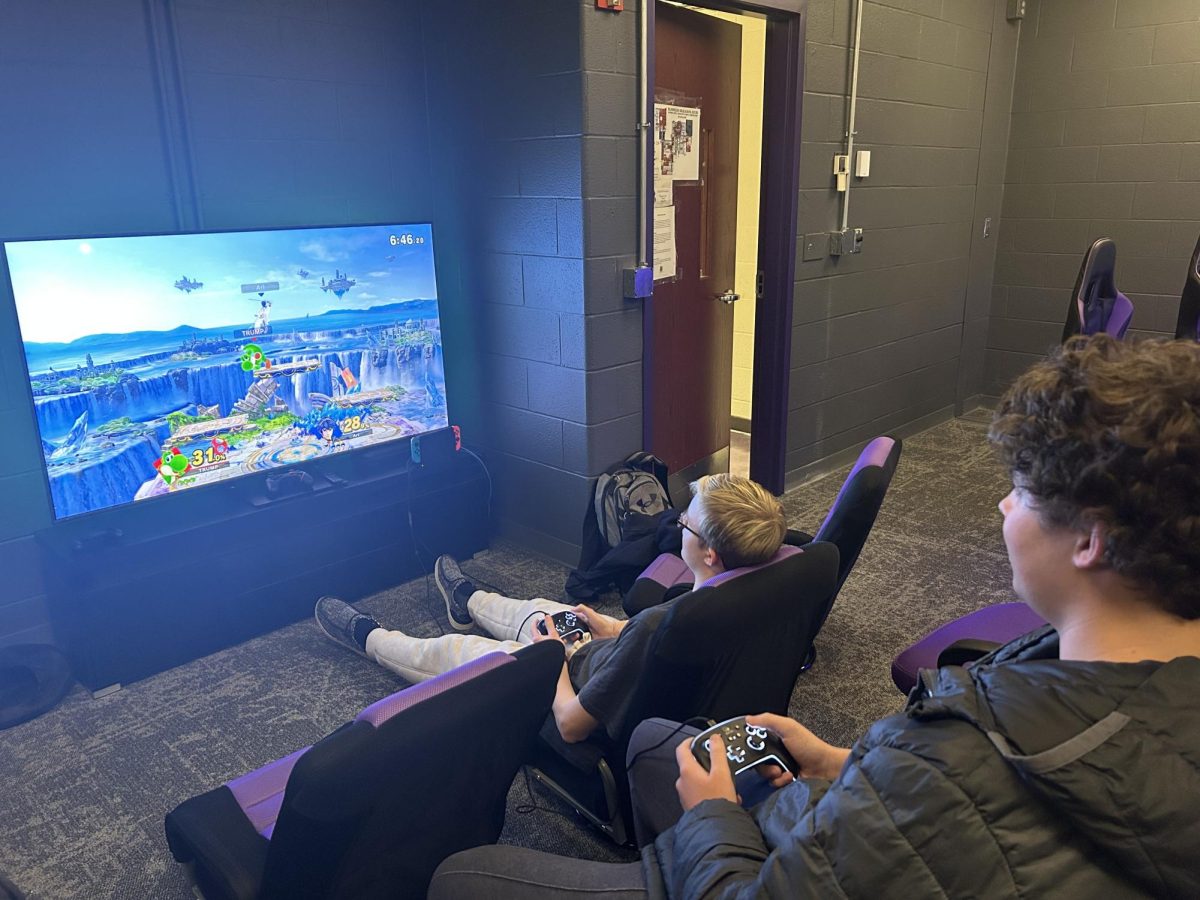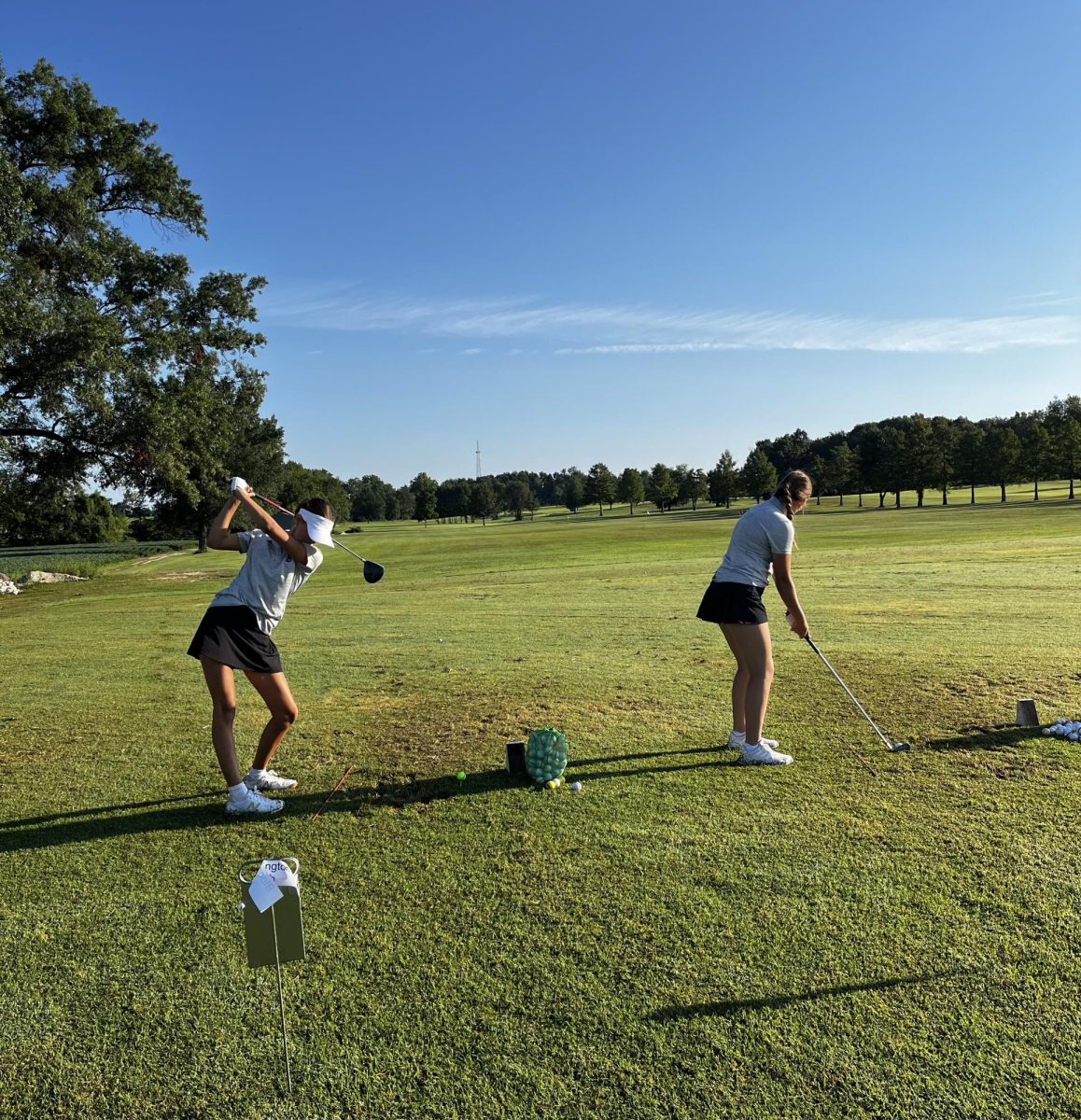Some of us spent our quarantine months baking banana bread and watching Tiger King. Others spent them learning how to code apps. Hugo Rydel-Johnston, a sophomore at South, has spent over a year now working on what he sums up as “a practical application of psychological studies”.
“Most of psychology today is just done in the lab — practically none of the things that are found out about people are used,” said Rydel-Johnston. His goal with this app, called Polymastro, is to use the data from one study in particular, an analysis of people’s habits, in short, to create what he calls a “goal-tracking module”. The app will use, among other things, an evaluation system tested and backed by this study that has been proven to be the most effective in goal tracking compared to 27 other methods.
The app will work in multiple stages — creating and evaluating your goals, then tracking and using a reward system. The app will have a system for evaluating if the user is taking on too large of a goal or too much at a time. “It does sound a bit childish,” said Rydel-Johnston. “You get points for doing well… the goal of that is to create a limit that will keep you from taking on too much.” The studies he’s drawing from for this app show that oftentimes taking on too much can be the main factor in people failing to achieve goals they’ve set. “That’s basically it! It’s pretty simple,” said Rydel-Johnston.
Rydel-Johnston hasn’t always been a coder — in the last year, he’s been teaching himself how to do all the things that go into developing and making an app, from making servers to coding the actual app. “At first, I was sort of just doing this for myself,” said Rydel-Johnston. “But then I realized that I could do this for other people as well — there’s nothing stopping me from doing that.”
“Alongside all this [programming], I’m also researching, and finding the best studies to make the service the best it can be.” Rydel-Johnston isn’t sure when the app will be finished. “You know, I’m chugging along,” he said. He hopes not too long — the actual functions are already done.
And as far as Covid and quarantine activities, learning to code your own app is pretty ideal, according to Rydel-Johnston. “It’s probably the best Covid project I could have done.”
For those interested in possibly using his app, Rydel-Johnston is planning for this to be a computer application, at least at first, in order to get the app up and running as fast as possible. Adjusting it to mobile takes a lot of work, but he hopes that with new technology, he can get it outfitted for mobile use at some point. “The fun thing about new programming methods is that I can make everything responsive — things can rearrange on the screen more easily.”
Rydel-Johnston also hopes to expand the app in the future beyond the goal-tracking system. “After you’ve learned to be disciplined [on the app], you can hopefully apply your knowledge to learning courses on anything, in the app… And maybe in the far future I might think about making a community of people, like a social networking app which could connect people through the app based on their interests,” said Rydel-Johnston.
And for Rydel-Johnston, who is planning on graduating this year, the sky’s the limit. “I definitely plan on continuing this in the future.”
